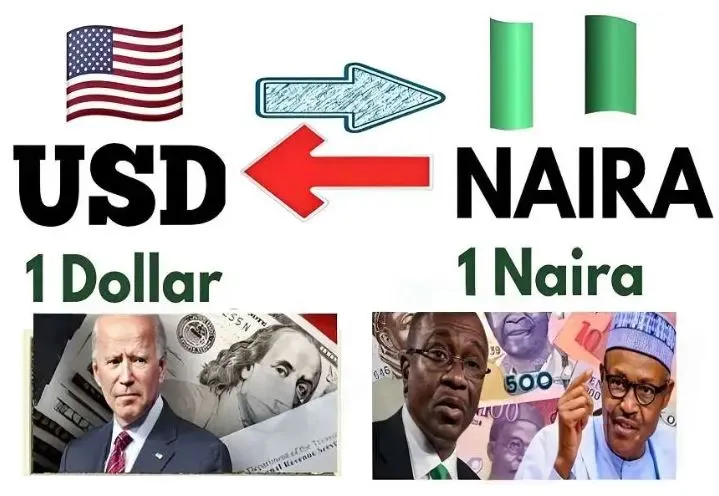Suspense In Black Market As CBN Orders Nigeria Banks To Freely Buy and Sell Dollars
The Central Bank of Nigeria (CBN) has reportedly instructed banks to conduct foreign exchange trading at any exchange rate within the Investors & Exporters (I&E) window, based on willing buyer, willing seller arrangements. This directive is believed to have put the unofficial naira black market for dollars in a state of uncertainty. The I&E window exchange rate has already experienced a significant increase, reaching N610 per dollar as of 12:50 pm on Wednesday, compared to the previous rate of N471.67 on Tuesday night.
Although the CBN has not officially commented on this development, two banking executives have confirmed the directive. The move follows recent controversies after a major newspaper reported that the CBN was planning to devalue the naira, allowing the exchange rate to reach up to N750.
Nnamdi Nwizu, an investment banker and Co-founder of Comercio Partners, stated that the immediate impact of this directive would be an increased inflow of foreign exchange into the economy and a further rise in the inflation rate. Consequently, the aggressive rise in the I&E window exchange rate is expected to pose a significant threat to the naira black market for dollars, which has served as an alternative market for many Nigerians seeking foreign exchange.
While the CBN’s directive may not directly abolish the naira black market for dollars and other foreign exchange platforms, it is anticipated to have some impact on the sector. Mr. Babajide Komolafe, Vanguard Economy Editor, explained that the increased flow of foreign exchange to banks would instill confidence in individuals seeking to transact, as they can now buy or sell the dollar at similar rates to those offered in the parallel or black market. He further emphasized that this measure has been implemented in the past without completely eliminating the black market.
A black market operator in Lagos confirmed that the CBN’s move has not yet directly affected the exchange rate, with the dollar still trading at N762 on Wednesday afternoon. However, they acknowledged being in suspense about the potential implications of the directive.







